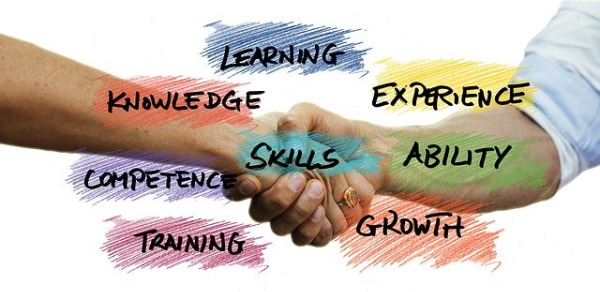WFH - Work From Home

I have been seeing the abbreviation "WFH" used more lately. It stands for “work from home” which is work being done remotely, instead of at an office. Although many organizations transitioned their employees from the office to WFH during the Coronavirus pandemic, the WFH idea has not gone away. Both workers and employers saw advantages to remote work.
In my reading, I have come across studies that show productivity while working remotely from home is as good or better than working in an office setting. One article states that those who work from home spend 10 minutes less a day being unproductive, work one more day a week, and are 47% more productive.
Surveys of workers seem to indicate that from that point of view, the plusses to WFH include:
- the ability to flex work hours (but not decrease them in most cases)
- gives a better work-life balance
- eliminates the cost and inconvenience of a commute
- no office politics
- less need for childcare (though not every parent can care for children and work)
In these same surveys, it seems that many of the minuses fall into two levels. Workers either feel something is missing entirely, partially or just not as effective as when they are in the office.
- less or less effective or no collaboration
- less or less effective or no mentoring
- Let's face it, despite office politics, the office is also a part of many workers' social life. I met my wife at work and many of my friends too. Online TGIF happy hour just isn't the same.
- It is harder to understand the "corporate culture" and feel like part of an organization when you are at a distance. Some people feel "disconnected" from their employer and fellow employees.
These are broad answers and every job has its own unique plusses and minuses. A salesperson who is used to making in-person contact with customers and potential customers might actually miss commuting to meet them and might find that sales are better in a face-to-face meeting. Not everyone has the equipment they need to do their work from home. The people we labeled as 'essential workers" during the pandemic's worst days probably have no option to work from home now.
According to the 2021 State of Remote Work Report from Owl Labs, 2021 was the year the world stayed remote, and 90% of the 2,050 full-time remote workers surveyed said they were as productive or more productive working remotely, compared to when they toiled in the office. A Forbes article is headlined "Remote Work Is Here To Stay And Will Increase Into 2023, Experts Say."
In education, a NY Times article is similarly headlined "Online Schools Are Here to Stay, Even After the Pandemic," though the sub-heading is "Some families have come to prefer stand-alone virtual schools and districts are rushing to accommodate them — though questions about remote learning persist." I know colleges that are still offering more online sections than before the pandemic. Partially, it may be because the investment was made in the technology so "let's get some use out of it." Students - and more importantly, faculty - who had not worked online may have found it to be better than they expected with some of the same plusses are above.
The push for K-12 schools to go back to "normal" was much greater than the push for higher education. Though K-12 school districts also made the shift with technology, it might only be used now for special situations (weather-related closings, absent students, parent content, professional development etc.)
To make a K-20 generalization, there is greater hybridization of earning now than there was pre-pandemic. That may also be true in the workplace.


